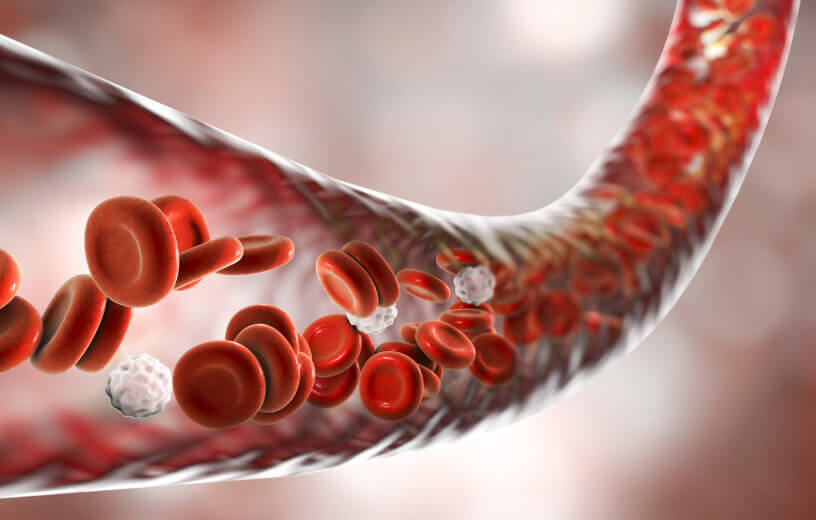DRESDEN, Germany — Depression is a mental health disorder that has severe consequences on your immune system. New research from Germany finds people with depressive disorders experience deformities in their blood cells that could affect the body’s immune response.
Previous research has linked depression with immune system changes such as low-grade inflammation and elevated glucocorticoid output. However, the study results show for the first time a link with mechanical changes in white blood cells.
Researchers interviewed 69 people pre-screened as high risk for depression and 70 healthy volunteers serving as a control group for psychiatric disorders. The team used the AI method of “deep learning” to search over 16 million blood cell images for signs of changes in cell size and structure.
Depression deforms several kinds of white blood cells
People with depressive disorders had higher deformities in their peripheral blood cells than the control group. However, cell size remains unchanged. People who had persistent depressive disorder throughout their life showed higher levels of deformability in various white blood cells — including their monocytes and neutrophils. Another type of white blood cell called erythrocytes were also more likely to be deformed in current cases of persistent depressive disorder. Additionally, people with current depressive disorders had more changes in their lymphocytes.
The study marks for the first time a relationship between depressive disorders, especially those that continue for over two years, with increased deformities in blood cells. White blood cells were most likely to be affected by depressive disorders, suggesting depression could cause a weakened immune response.
Identifying the mechanism behind depression’s effects on white blood cell deformities could provide insight into targets new treatments could reverse.
“We are working in parallel on research into pharmacological therapies to improve a dysfunctional biology as well as psychological therapies to improve dysfunctional cognitive and emotional processes. Indeed, in my opinion, only a holistic approach can understand and efficiently treat this complex disorder and hopefully prevent much suffering in the future,” says Andreas Walther, a researcher at the Institute of Clinical Psychology and Psychotherapy at the University of Zurich and lead author of the study, in a university release.
The study is published in the journal Translational Psychiatry.

